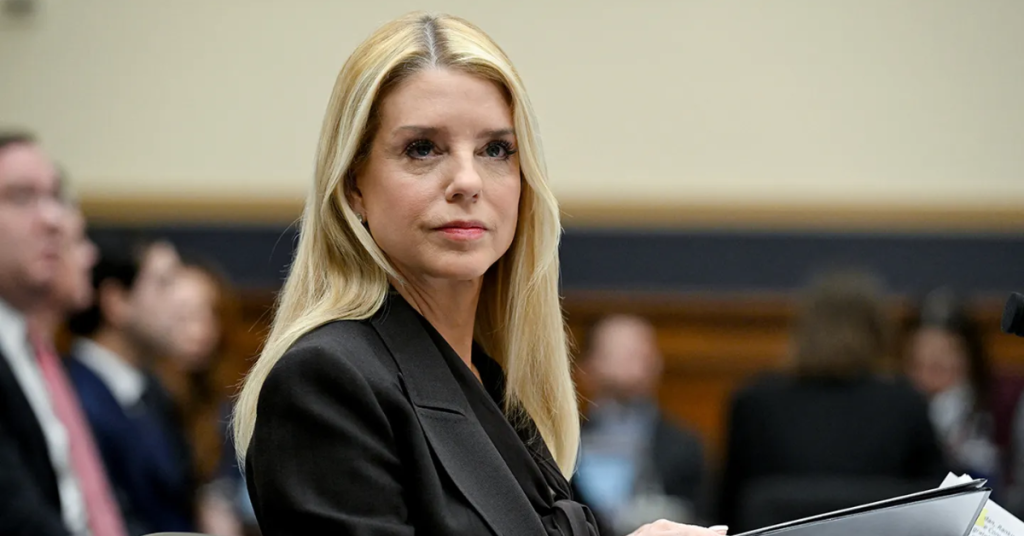Navigating parenthood in the contemporary era can be challenging. Nowadays, young parents not only contend with the input of family members but also face unsolicited comments from strangers on the internet regarding their parenting approaches.
Meet Jordan Driskell, a young father tasked with raising five quintuplets, all of whom are now 5 years old. Managing the care of five children of the same age can be particularly demanding, especially at an age when children are naturally curious and inclined to explore.
Jordan Driskell, a 31-year-old father, opted for a creative solution to address his parenting challenges. He purchased leashes designed for children to manage his energetic youngsters when they venture out in public together.
Previously, Driskell had employed a 6-seat stroller for their large family. However, this approach became cumbersome as the children found it uncomfortable, and the stroller proved inconvenient for travel. The decision to use child leashes now allows the little ones to freely explore their surroundings during family outings, ensuring Driskell can keep them in sight and under control, promoting their safety.
After Driskell shared a video of the family’s trip to the aquarium, the parents faced a barrage of negative feedback. The video featuring the children on leashes quickly went viral, amassing over 3 million views. Numerous comments criticized the parents, asserting that children are not animals and shouldn’t be leashed.
Some remarked, “If you can’t handle the pressure, maybe you shouldn’t have so many kids.” Others expressed their disapproval with a thinly veiled advice, saying, “Why not just properly train your children? Discuss with them the risks of wandering off.”
Dr. Deborah Gilboa, an expert in parenting and adolescent development, offers a different perspective. According to her, using a leash does not equate to treating a child like an animal. If the alternative is staying at home, then a leash becomes a practical choice.
Dr. Gilboa asserts that leashes can be valuable tools for managing younger children or those with neurodivergent needs in public settings. However, she suggests that for neurotypical children, being off a leash by the ages of eight or nine is essential for the development of listening skills. At this stage, parents should ideally transition to effective verbal communication rather than relying on tools like leashes.
Dr. Deborah Gilboa, an expert in parenting and adolescent development, offers a different perspective. According to her, using a leash does not equate to treating a child like an animal. If the alternative is staying at home, then a leash becomes a practical choice.
Dr. Gilboa asserts that leashes can be valuable tools for managing younger children or those with neurodivergent needs in public settings. However, she suggests that for neurotypical children, being off a leash by the ages of eight or nine is essential for the development of listening skills. At this stage, parents should ideally transition to effective verbal communication rather than relying on tools like leashes.
Parents should be afforded the liberty to choose their parenting approach without encountering undue judgment from society. What are your thoughts on using leashes for children in public? Feel free to share your opinions in the comments section below. Don’t forget to share this article with friends and family to hear their perspectives as well!



